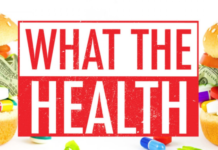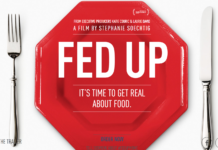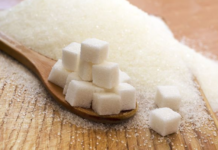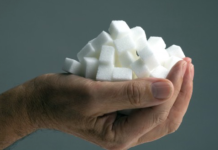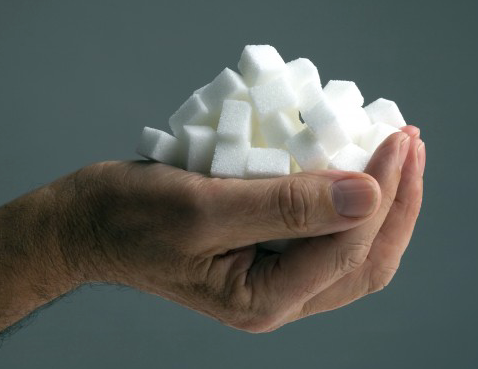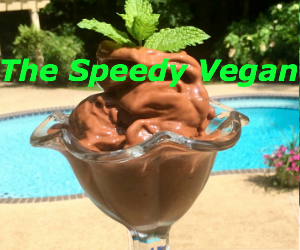Sugar. It’s everywhere nowadays and, quite simply, it’s killing us.
Don’t think so? Check out the science: It’s overwhelming. A recent article from the Journal of the American Medical Association (JAMA) notes that a diet full of sugar may raise your risk of heart disease — even if you aren’t overweight.
Over the course of a 15-year study documented by JAMA on added sugar and heart disease, participants who took in 25% or more of their daily calories as sugar were more than twice as likely to die from heart disease as those whose diets included less than 10% added sugar.
Yes, that’s twice as likely to die.
It also stated that: “Overall, the odds of dying from heart disease rose in tandem with the percentage of sugar in the diet—and that was true regardless of a person’s age, sex, physical activity level, and body-mass index (a measure of weight).”
But that hasn’t stopped the food establishment from sand-blasting it into virtually everything that some people consume. Pastries, cookies, breakfast cereals, yogurt, soft drinks, health drinks, energy drinks, fruit juices, ice cream, ketchup, and get this, even some breads, meats and popular condiments. The list goes on, and on.
One of the biggest culprits is sugar-sweetened beverages. Think: sodas, energy drinks, and sports drinks. Alone, they account for more than one-third of the added sugar we consume as a nation. Other sources include cookies, cakes, pastries, and similar treats; fruit drinks; ice cream, frozen yogurt and the like; candy; and ready-to-eat cereals.
So how much added sugar are we consuming. Answer: way too much.
Today, the average American consumes 32 teaspoons of sugar per day. Picture it. It’s a bit gross, right?
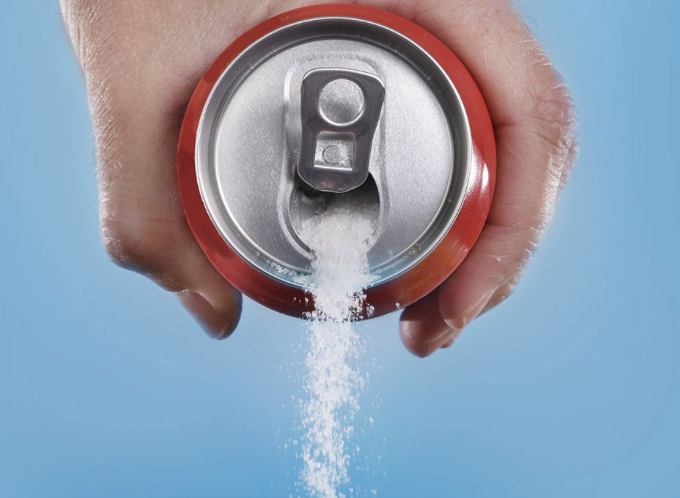
What’s even worse is that people are consuming excessive sugar in the form of fructose or high-fructose corn syrup (HFCS). This is a highly processed form of sugar that is both cheaper and actually 20 percent sweeter than regular table sugar,
It save the food companies money, and the crazy-sweet taste of HFCS-laden food is highly additive. Yes, addictive. What could be better for food giants than a less expensive way to permanently hook people on their product
In Part II of our series, we’ll focus on how sugar harms our bodies and what we can do about it.










